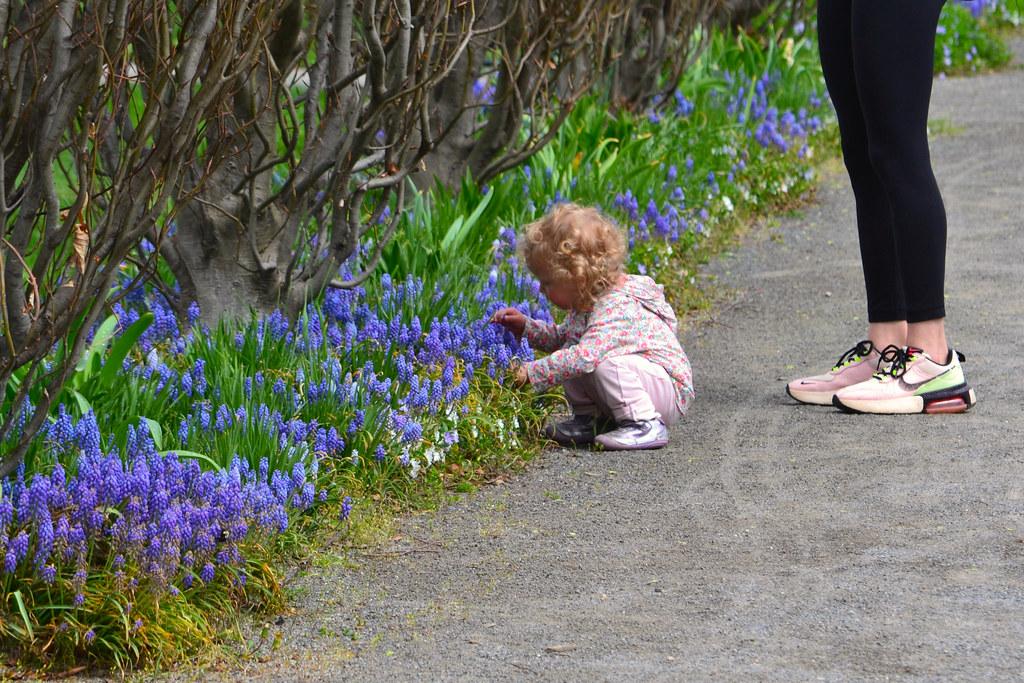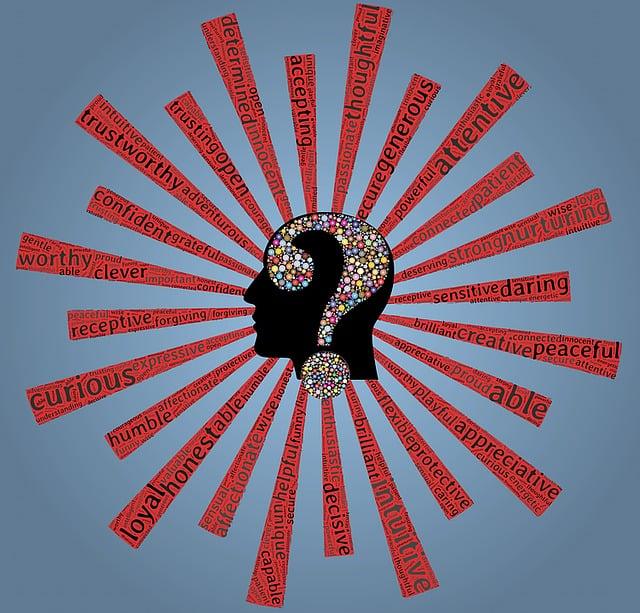In today’s fast-paced world, maintaining mental well-being can often feel like an uphill battle. Many of us find ourselves overwhelmed by the demands of daily life, leaving little room for self-care and personal growth. However, prioritizing your mental health is not only crucial for navigating life’s challenges but also for fostering a deeper sense of fulfillment and happiness. This article aims to guide you through some of the best self-improvement tips tailored to enhance your mental well-being. With an empathetic approach, we will explore practical strategies that empower you to nurture your mind, cultivate resilience, and embrace a more balanced life. Whether you’re looking to boost your mood, manage stress, or simply find more joy in everyday moments, these insights are designed to support you on your journey toward a healthier, more vibrant mental state.
Cultivating Mindfulness for Everyday Calm
Embracing mindfulness in your daily life can transform the chaos into calm. It’s about being present, acknowledging your feelings without judgment, and finding peace in the moment. Start by integrating small, mindful practices into your routine. Here are some ways to do this:
- Breathing Exercises: Spend a few minutes each day focusing on your breath. Inhale deeply through your nose, hold for a few seconds, and exhale slowly. This simple act can ground you and reduce stress.
- Mindful Eating: Pay attention to the taste, texture, and aroma of your food. Chew slowly and savor each bite, transforming meals into a sensory experience.
- Gratitude Journaling: At the end of each day, write down three things you are grateful for. This practice shifts your focus to positive aspects of your life, fostering a sense of contentment.
To deepen your understanding of how mindfulness impacts various aspects of your life, consider the following table:
| Mindfulness Practice | Benefit |
|---|---|
| Morning Meditation | Enhances focus and sets a positive tone for the day. |
| Mindful Walking | Boosts mood and increases awareness of surroundings. |
| Body Scan | Promotes relaxation and helps in releasing tension. |
Remember, the goal is not to eliminate stress but to navigate through it with a calm mind. By weaving these mindful habits into your daily life, you can cultivate a state of tranquility and resilience, empowering you to handle life’s challenges with grace.

Nurturing Positive Relationships and Emotional Support
Building and maintaining positive relationships is a cornerstone of mental well-being. These connections offer a source of emotional support, fostering resilience and happiness. To nurture these relationships, consider the following:
- Practice active listening: Be present in conversations, showing genuine interest and empathy towards others’ experiences.
- Express gratitude: Regularly acknowledge and appreciate the contributions of those around you.
- Set healthy boundaries: Communicate your needs clearly and respect the boundaries of others to create a balanced relationship.
Offering and receiving emotional support can significantly enhance your emotional health. This reciprocal exchange not only strengthens bonds but also boosts your overall sense of well-being. Here’s how you can both give and receive support:
| Giving Support | Receiving Support |
|---|---|
| Offer a listening ear | Reach out when in need |
| Provide encouragement | Accept help graciously |
| Share your experiences | Be open to advice |
Remember, nurturing relationships is an ongoing process. Regularly engage in meaningful interactions and prioritize emotional connections to cultivate a supportive environment for yourself and those around you.

Building Resilience through Self-Compassion and Acceptance
In the journey of self-improvement, nurturing self-compassion and acceptance plays a crucial role in building resilience. It’s important to understand that self-compassion is not about being self-indulgent or lazy. Instead, it’s about treating yourself with the same kindness and understanding that you would offer to a friend. When challenges arise, remind yourself that it’s okay to not have all the answers. This gentle approach can transform setbacks into opportunities for growth, fostering a more resilient mindset.
- Acknowledge your feelings: Accept your emotions without judgment and recognize that they are a natural part of being human.
- Practice mindfulness: Stay present and observe your thoughts without attachment, allowing them to pass like clouds in the sky.
- Set realistic goals: Break down larger tasks into smaller, manageable steps, and celebrate your progress along the way.
| Self-Compassion | Acceptance |
|---|---|
| Speak kindly to yourself | Embrace imperfections |
| Recognize shared humanity | Let go of control |

Creating a Balanced Lifestyle with Restorative Practices
Incorporating restorative practices into your daily routine can significantly enhance your mental well-being. These practices focus on nurturing your mind and body, helping you achieve a state of equilibrium. Here are some simple yet effective methods to integrate into your lifestyle:
- Meditation: Dedicate a few minutes each day to meditation. This practice can help calm the mind, reduce stress, and improve focus.
- Mindful Breathing: Take deep breaths, focusing on the rhythm of your inhale and exhale. This can be done anytime, anywhere, and is an excellent way to ground yourself in the present moment.
- Journaling: Spend time each day writing about your thoughts and feelings. This practice can provide clarity, release tension, and promote emotional healing.
- Gentle Movement: Engage in activities like yoga or tai chi, which combine movement with mindfulness, fostering both physical and mental relaxation.
To help you better understand the impact of these practices, here’s a simple comparison of their benefits:
| Practice | Primary Benefit |
|---|---|
| Meditation | Reduces stress |
| Mindful Breathing | Increases focus |
| Journaling | Enhances clarity |
| Gentle Movement | Promotes relaxation |








































